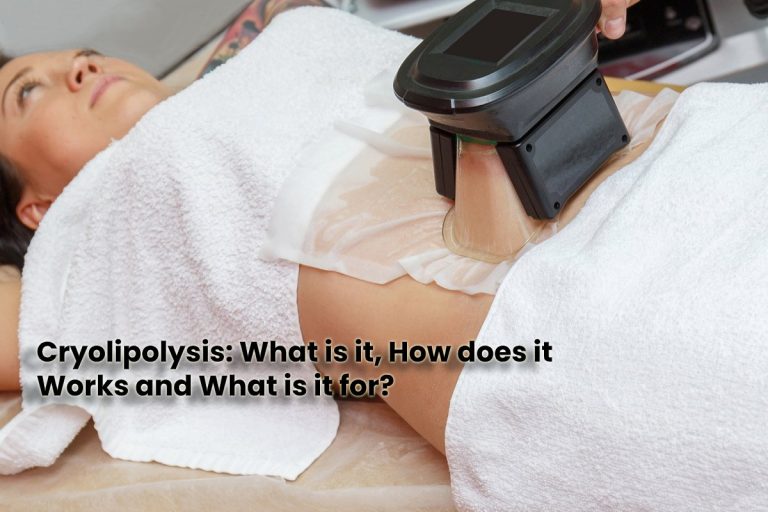Cryolipolysis is a procedure that is already widely accepted. Thanks to its effectiveness and the low risk involved. It allows reducing fat in specific areas of the body, permanently, as long as a healthy lifestyle is maintained.
Cryolipolysis is a procedure to remove local fat from the body when diet and exercise are not enough to achieve this. It mainly points to those who have obesity but do not show a high level of overweight. Cryolipolysis is currently one of the most widely use methods of shaping the body. It stands out because it is a non-invasive procedure that uses only cold and a vacuum system to achieve its purposes. Besides, it has remarkable effectiveness.
This process carried out in a specialized center with highly qualified personnel. Although it does not involve risks or have side effects. It requires knowledge and expertise to be appropriately applied.
Table of Contents
What is Cryolipolysis?
Cryolipolysis is defined as a non-invasive dermatological procedure to remove excess body fat by applying cold. It has proven to be highly effective in reducing fat layers without damaging the skin or surrounding tissues.
Scientists developed this method from Massachusetts General Hospital and Harvard University in Boston (United States). The objective of this treatment is to destroy fat cells, or adipocytes, lowering their temperature until they decompose and eliminated.
The procedure is not indicated for obese people. But for those who have fat accumulated in specific areas of the body. It mainly applied to the abdomen, legs, hips, and knees. Fat removed in small amounts over a relatively long period, which can last from two to five months.
Cryolipolysis was born as an alternative method for liposuction and laser lipolysis. It has similar effects, but it is much safer. The technique is not effective in sedentary people or those who eat an inconvenient diet.
How Does it Work?
Fat cells have a large number of fatty acids, and this makes them very sensitive to cold. When frozen, they become crystallize or ‘death wounds.’ Then they gradually perish and are eliminate in the urine.
If a person keeps a proper diet and exercises regularly, fat does not accumulate in the treated area again, since adipocytes do not reproduce spontaneously. So this method is very effective as long as those conditions met.
The treatment is painless since the same application of cold numbs the area to treat. It estimated that in a single session, it could eliminate between 15 and 40% of the area where it is applied. The first changes are perceive three weeks after the initial intervention. Only one part treated at a time, and the number of sessions depends on the individual characteristics.
The Procedure
Before carrying out cryo lipolysis, a specialist must determine if this treatment is appropriate for the particular case of each person. During the assessment, a measurement of the accumulated fat made to establish the temperature range to be used.
Each cryolipolysis session lasts between one and two hours. There is no need for anesthesia, and the patient can be seated; You do not have to hold still while the procedure performed. The first thing to put a multi-layer wipe on the area to be treat, as a means of protection.
Then, the same place on the machine and a suction process begin, while the freezing of the adipocytes begins. When finished, the manager must do a massage to disintegrate the frozen fat crystals, which will then be eliminated by the body. Typically, they take place between one and three sessions, with one-month intervals between one and the other.
Benefits and Contraindications
Cryolipolysis has great advantages over other procedures, starting with the fact that it does not require anesthesia and does not involve incisions or the use of needles. Likewise, it does not harm the skin and allows a quick recovery after each session. Furthermore, the results are permanent.
The side things in this procedure are minimal. They include redness of the skin in the treated area and a feeling of tightness after finishing each session. Only in a few cases are there bruises, tingling, numbness or cramps.
As noted above, this procedure is not suitable for obese people or those with large accumulations of fat. It recommended for pregnant or lactating women, patients with chronic diseases, or minors. It is not advisable to apply this method during menstruation








